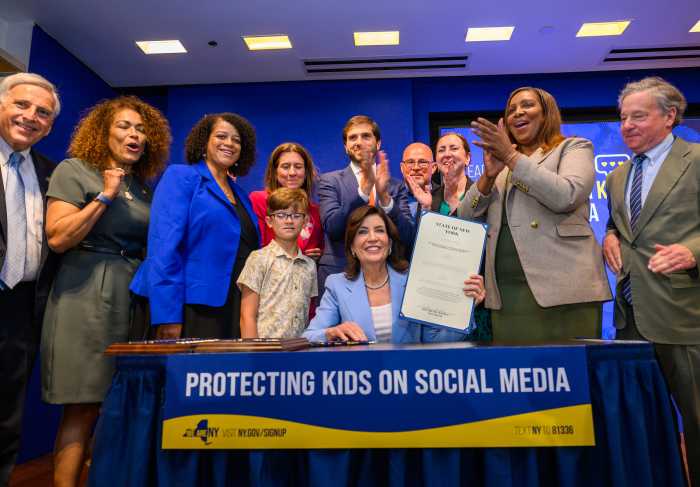The just-concluded Winter Olympics in Sochi, Russia were amazing, filled with excitement and drama at every turn. There were tremendous performances, including Mikaela Shiffrin’s gold medal run in women’s slalom, and tragic accidents such as Russian skier Maria Komissarova’s, who suffered a terrible back injury in practice, faced six hours of surgery, and still didn’t have feeling in her legs when airlifted to Germany for more treatment.
Each of the 230 athletes from the United States who went to Sochi had at least one parent supporting them along the way. The reality is, you don’t get to that level in a sport without hours of practice, travel, coaches, and a family behind you. Perhaps most importantly, there was someone who said, “You can do it. You can be the best.”
This is Parenting 101 today, raising kids who believe they can be anything they want. The truth is, you can’t. My daughters have a better shot of winning a giant Powerball jackpot than making it to the Olympics, and there’s less risk buying a lottery ticket.
Instead of setting kids up for disappointment when they don’t make the travel team, or All-State team, or Olympic team, let’s teach mediocrity. “Aim for the middle,” should be the mantra of parents today. Teach your kids to strive for what’s attainable, not some pipe dream.
For every Jamie Anderson (the 22-year-old who won gold in women’s slopestyle snowboarding), there are a hundred Lyndsey Vonn’s, the great skier who didn’t compete because of a damaged knee, and thousands of kids who gave up along the way because of torn ACL’s, concussions, and other injuries. Both my girls broke toes and fingers on the soccer field and in the gym, a fact I feel guilty about.
There are parents giving up weekends for hockey tournaments, paying lots of money for Junior Olympic soccer camps, and getting their kids on Junior Olympic baseball teams.
There are programs like this around the country, though, so for every jock in Brooklyn, there’s another in Arizona, one in Idaho, and 10 more in Texas and California.
The chances of your child actually making it to an Olympics, a World Cup, or just becoming a professional athlete, are about zero and depend on things neither you nor your child can control.
In the end, participating in a sport is about more than getting on “Today.” It is about being on a team, discipline, activity, strength, and let us not forget fun.
The same is true for self-esteem. I’m not trying to teach my girls they will be the best, but that they should strive to do the best they can and feel good at their accomplishments.
Sarah Hendrickson, the 19-year-old favorite to win it all in women’s ski jumping, placed 21st. She still got out of bed the day after her dismal performance. If she could handle the disappointment and move on, her parents did something right. When my girls face defeat, whether in sports or life, I hope they can move on and strive for the next goal. After all, the 2018 Winter Olympics, in South Korea, are only four years away.

























